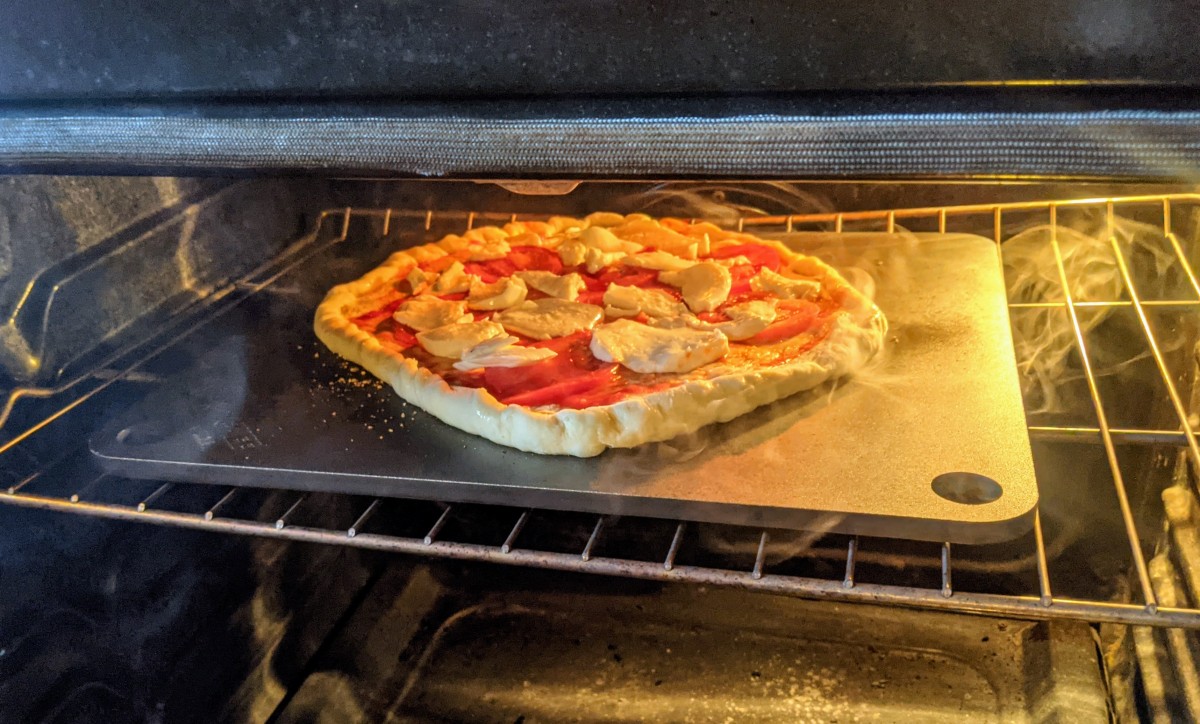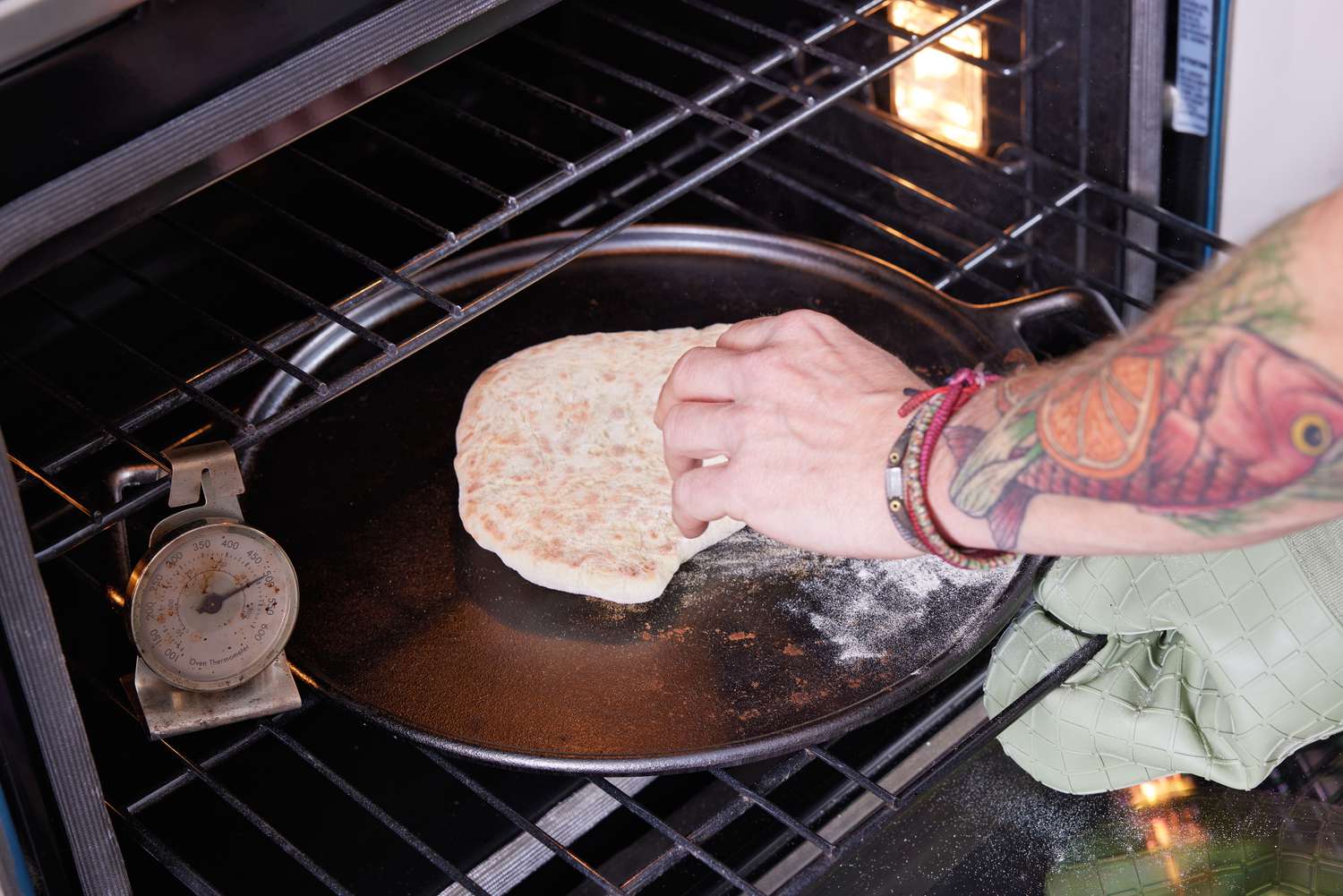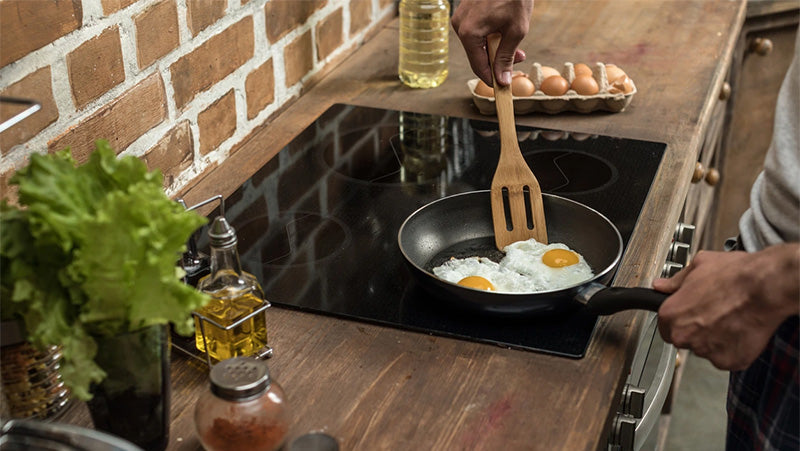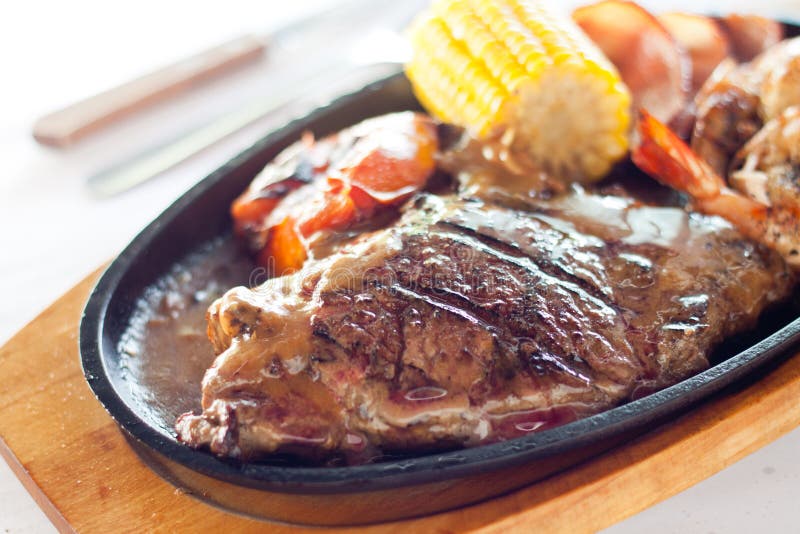For kitchen professionals and home bakers alike, understanding why every baker needs a baking stone is essential to elevating your baking game. This versatile kitchen tool can transform the quality of your baked goods, ensuring that every loaf, crust, and pastry is both delicious and consistently cooked.

Elevate Your Baking
Baking stones, also known as pizza stones, are prized for their ability to distribute heat evenly. Often found in professional kitchens, baking stones are made from materials like ceramic or cordierite that withstand high temperatures and simulate the environment of traditional brick ovens. This ensures that your items bake evenly from edge to center, reducing the chance of burnt edges and undercooked centers.
Material Matters: Choosing the Right Baking Stone
When selecting a baking stone, consider the material. Each type of stone brings something unique to your baking experience. For an in-depth comparison of materials, visit this guide. Generally, thicker stones retain more heat, which is perfect for recipes requiring consistent, high temperatures.
Enhancing Flavors and Textures
The porous nature of baking stones also absorbs moisture, which is crucial for achieving the perfect crust in bread baking. A dry, crispy crust contrasts beautifully with a soft, airy interior, providing the ultimate sensory experience. Experimenting with a baking stone can introduce you to new textures and flavors, offering a satisfying crunch and nuanced taste that is difficult to achieve with traditional metal pans.
To further explore how a baking stone can enhance your baking, check out this comprehensive guide on professional baking techniques.
Practical Tips for Using a Baking Stone
Pre-heating the stone is crucial to maximize its effectiveness. Place your baking stone in the oven while preheating, allowing it to absorb heat thoroughly. This mimics that of a traditional brick oven. For more details on using a baking stone in home baking, visit tips here.
Additionally, maintaining your stone is key to its longevity. Avoid soaking it in water or using soap, as the porous material can absorb these elements, potentially affecting the taste of your food. Simply scrape off excess food and wipe with a damp cloth.
Continuous Learning: Why a Baking Stone is Necessary
Adopting new techniques and tools keeps your culinary skills sharp and your kitchen dynamic. Many kitchen professionals recommend beginners start with a simple project, like baking a loaf of sourdough bread, to understand the stone's benefits. Over time, as your confidence builds, you can tackle more ambitious projects like artisanal pizzas and pastries.

FAQs
What makes a baking stone better than metal pans?
Baking stones offer even heat distribution that metal pans often lack. Their ability to retain heat mimics the conditions of a traditional brick oven, which is excellent for achieving crispy, evenly baked goods.
How do I care for my baking stone?
Simply scrape off any leftover debris and wipe your stone with a damp cloth. Avoid using soap or submerging it in water, as it can harm the stone's porous surface.
Are there any downsides to using a baking stone?
While effective, baking stones can take longer to heat up and cool down compared to metal baking sheets. However, the benefits in texture and flavor usually outweigh this minor inconvenience.
This article contains affiliate links. We may earn a commission at no extra cost to you.






Leave a comment
This site is protected by hCaptcha and the hCaptcha Privacy Policy and Terms of Service apply.